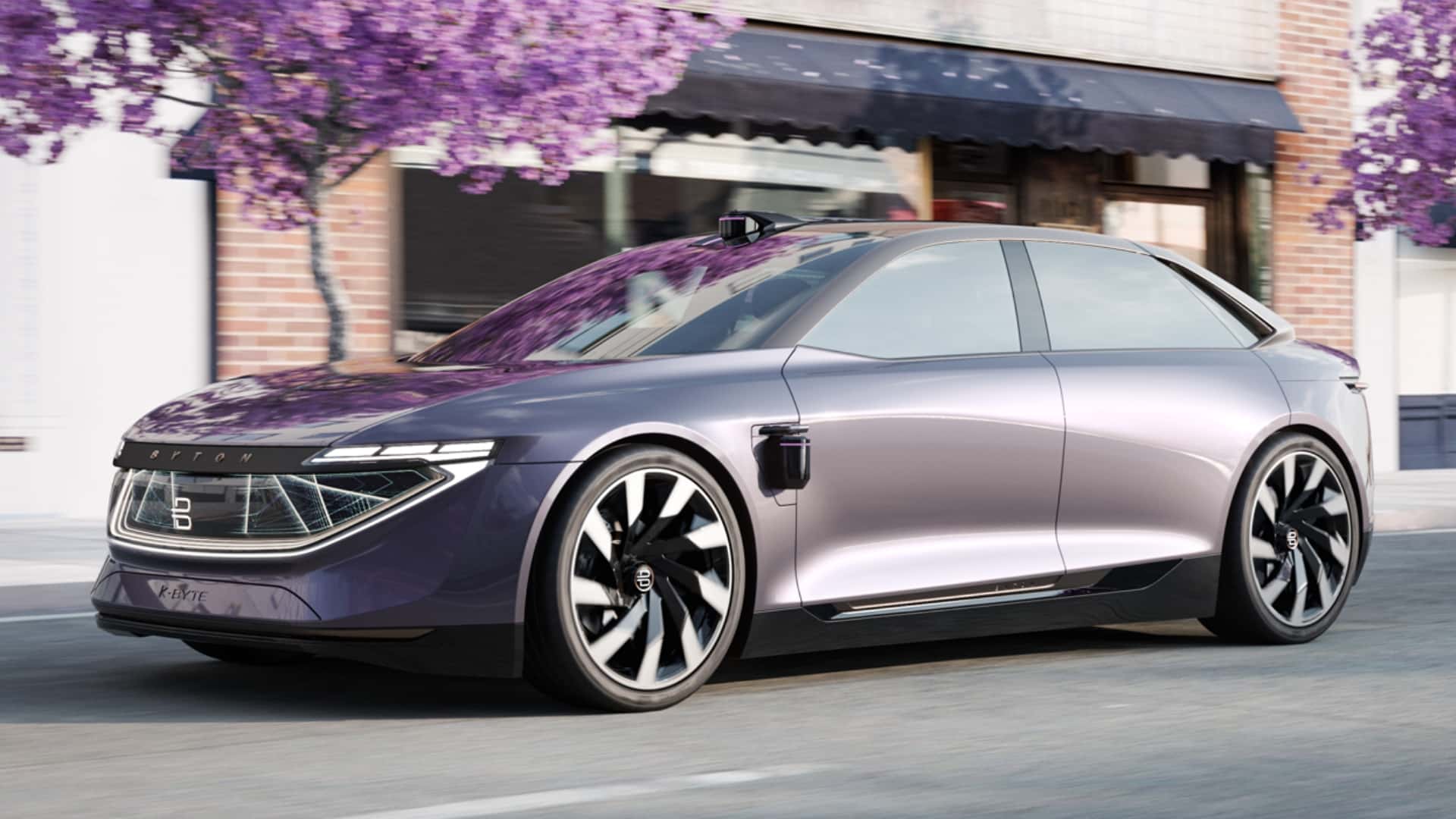Key Takeaways
- Byton, a Chinese EV startup, went bankrupt in 2023, failing to bring any cars to market.
- Two K-Byte concept models, spotted in Northern California, are now in deteriorating condition.
- The brand was ahead of its time in showcasing innovative features that are now common in production vehicles.
Byton’s Rise and Fall
Byton, a promising electric vehicle (EV) startup based in Silicon Valley, aimed to be a major player in the EV market, launching two models: the M-Byte and the K-Byte. The M-Byte was intended to compete with vehicles like the Audi Q8 E-Tron, while the K-Byte was designed to challenge Tesla’s Model S. Founded before the surge in Chinese auto companies, Byton attracted talent from various backgrounds, including American engineers and venture capitalists.
The company secured distribution licenses in California, signaling strong aspirations for the U.S. market. However, Byton faced financial difficulties, and after furloughing half of its U.S. workforce in 2020, it eventually declared bankruptcy in 2023 before the M-Byte could reach full production. Its main production partner, Foxconn, chose not to continue with the project, and no interest from other Chinese EV firms materialized for Byton’s intellectual property.
Lingering Concepts
Despite Byton’s downfall, two K-Byte sedan concepts have been spotted in Northern California, albeit in poor condition. Recent images reveal the vehicles covered in dust and grime, appearing neglected over the last two years. These models are not operational prototypes; they likely serve as static display models or “rollers,” used for promotional purposes but lacking essential components for actual driving.
In conversations with a former Byton employee, it was clarified that the K-Byte’s physical condition indicated they may lack interiors, although there are reports of one prototype with a complete setup. The design featured a striking full-width screen, which seemed unconventional at the time but has influenced modern car designs today, making Byton’s innovative approach eerily prescient.
The Impact of Byton’s Legacy
Considering Byton’s potential impact raises intriguing questions. If successful, would Byton have paved the way for more Chinese EVs in the U.S. market? Would Tesla’s dominance be as pronounced? The answers remain speculative, compounded by external factors like tariffs and political tensions that may have hindered Byton’s survival.
In hindsight, Byton’s ambitions reflected a pivotal moment in the EV landscape, representing the blend of innovation and investment that characterized the early stages of electric vehicle development. Today, the brand serves as a cautionary tale of missed opportunities and the challenges faced by startups attempting to carve out a niche in a rapidly evolving industry.
The content above is a summary. For more details, see the source article.















